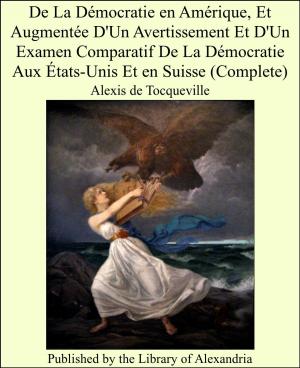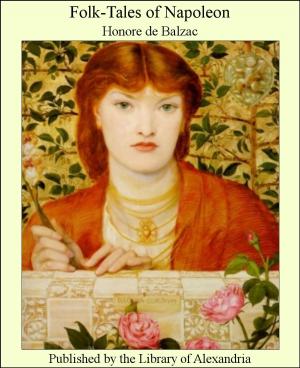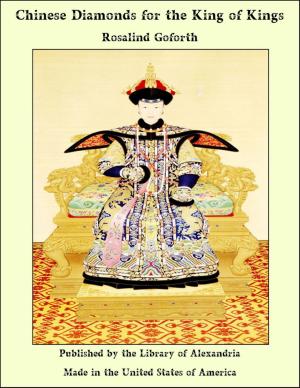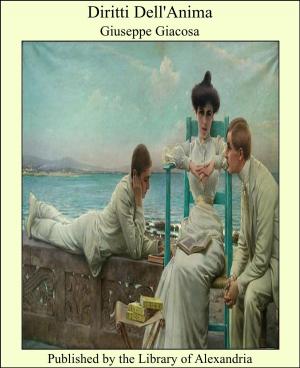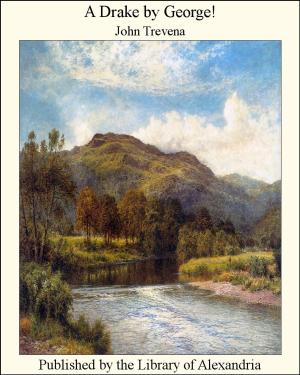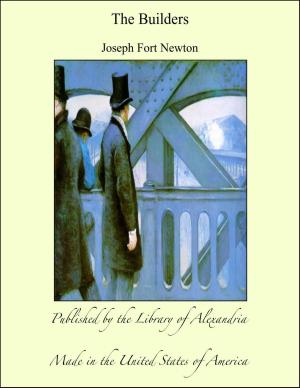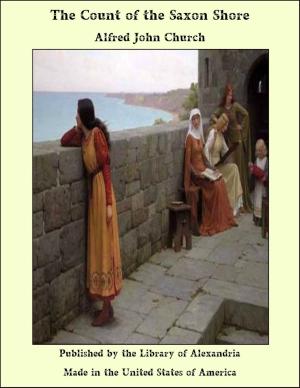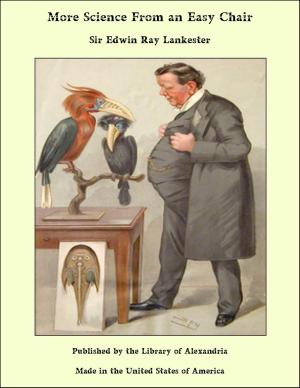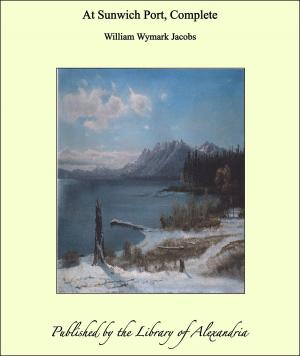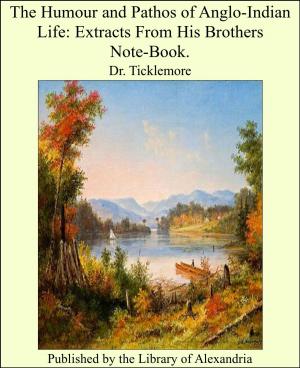The Indian Scout: A Story of the Aztec City
Nonfiction, Religion & Spirituality, New Age, History, Fiction & Literature| Author: | Gustave Aimard | ISBN: | 9781465595232 |
| Publisher: | Library of Alexandria | Publication: | March 8, 2015 |
| Imprint: | Language: | English |
| Author: | Gustave Aimard |
| ISBN: | 9781465595232 |
| Publisher: | Library of Alexandria |
| Publication: | March 8, 2015 |
| Imprint: | |
| Language: | English |
It was towards the end of May, 1855, in one of the least visited parts of the immense prairies of the Far West, and at a short distance from the Rio Colorado del Norte, which the Indian tribes of those districts call, in their language so full of imagery, "The endless river with the golden waves." The night was profoundly dark. The moon, which had proceeded two-thirds of its course, displayed between the lofty branches of the trees her pallid face; and the scanty rays of vacillating light scarce brought out the outlines of the abrupt and stern scenery. There was not a breath in the air, not a star in the sky. A silence of death brooded over the desert—a silence only interrupted, at long intervals, by the sharp barking of the coyotes in search of prey, or the savage miaulings of the panthers and jaguars at the watering place. During the darkness, the great American savannahs, on which no human sound troubles the majesty of night, assume, beneath the eye of heaven, an imposing splendour, which unconsciously affects the heart of the strongest man, and imbues him involuntarily with a feeling of religious respect. All at once the closely growing branches of a floripondio were cautiously parted, and in the space thus left appeared the anxious head of a man, whose eyes, flashing like those of a wild beast, darted restless glances in every direction. After a few seconds of perfect immobility, the man of whom we speak left the clump of trees in the midst of which he was concealed, and leaped out on the plain. Although his bronzed complexion had assumed almost a brick colour, still, from his hunting garb, and, above all, the light colour of his long hair, and his bold, frank, and sharply-marked features, it was easy to recognise in this man one of those daring Canadian wood rangers, whose bold race is daily expiring, and will probably disappear ere long.
It was towards the end of May, 1855, in one of the least visited parts of the immense prairies of the Far West, and at a short distance from the Rio Colorado del Norte, which the Indian tribes of those districts call, in their language so full of imagery, "The endless river with the golden waves." The night was profoundly dark. The moon, which had proceeded two-thirds of its course, displayed between the lofty branches of the trees her pallid face; and the scanty rays of vacillating light scarce brought out the outlines of the abrupt and stern scenery. There was not a breath in the air, not a star in the sky. A silence of death brooded over the desert—a silence only interrupted, at long intervals, by the sharp barking of the coyotes in search of prey, or the savage miaulings of the panthers and jaguars at the watering place. During the darkness, the great American savannahs, on which no human sound troubles the majesty of night, assume, beneath the eye of heaven, an imposing splendour, which unconsciously affects the heart of the strongest man, and imbues him involuntarily with a feeling of religious respect. All at once the closely growing branches of a floripondio were cautiously parted, and in the space thus left appeared the anxious head of a man, whose eyes, flashing like those of a wild beast, darted restless glances in every direction. After a few seconds of perfect immobility, the man of whom we speak left the clump of trees in the midst of which he was concealed, and leaped out on the plain. Although his bronzed complexion had assumed almost a brick colour, still, from his hunting garb, and, above all, the light colour of his long hair, and his bold, frank, and sharply-marked features, it was easy to recognise in this man one of those daring Canadian wood rangers, whose bold race is daily expiring, and will probably disappear ere long.



